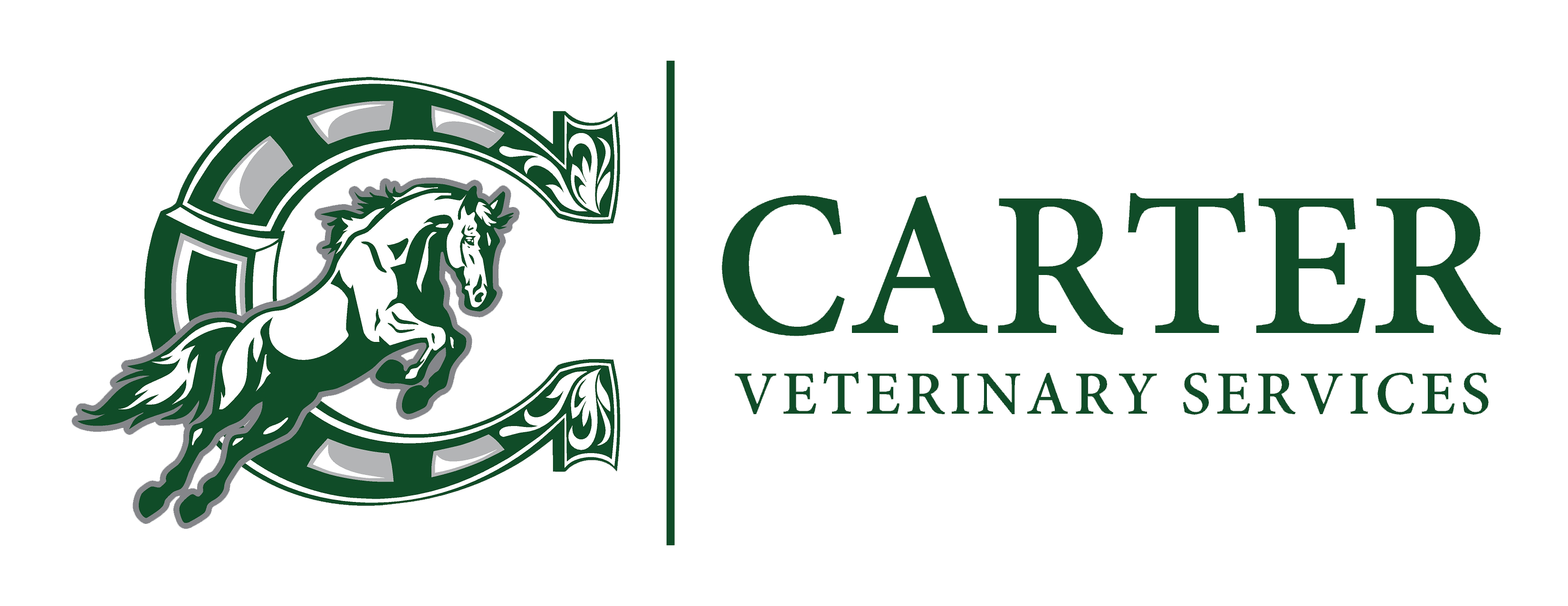When it comes to hurricane season in the Lowcountry, preparation is key to ensuring the safety and well-being of your beloved horses. At Carter Veterinary Services, your trusted local equine vet in the Lowcountry, we understand the unique challenges that come with severe weather conditions. To help you get ready for the unexpected, we've put together some crucial tips for preparing your barn for a hurricane. Let's dive into these essential strategies:
Hurricane Preparedness: Tips to Prepare Your Barn for a Hurricane
Hurricane Preparedness: Tips to Prepare Your Barn for a Hurricane
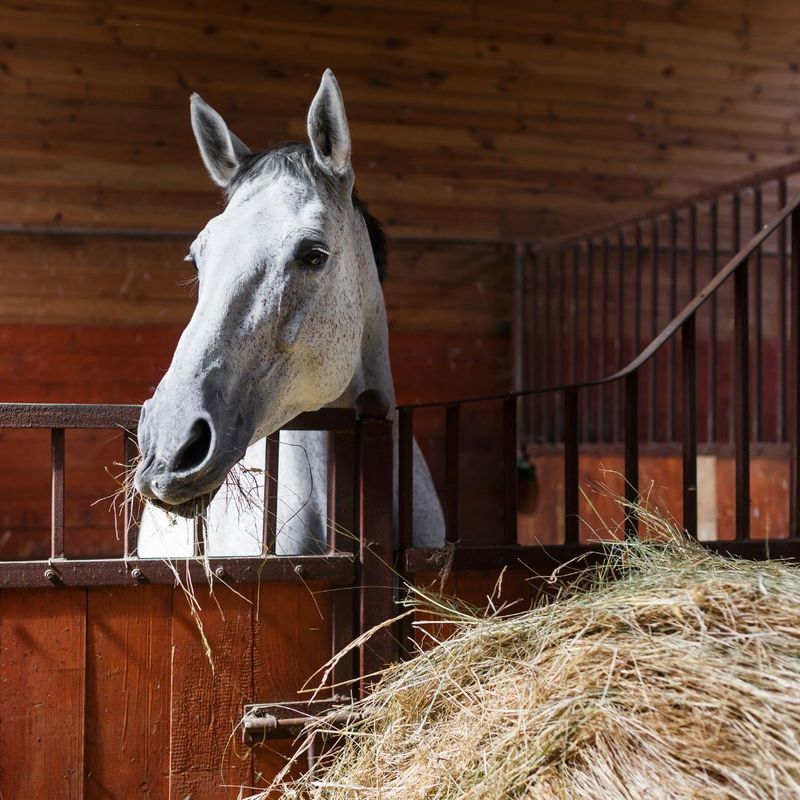
Stock Up on Essential Supplies
One of the first things you need to do when preparing your barn for a hurricane is to make sure you have enough supplies to last through the storm and its aftermath. This includes essential items like water, feed, and hay. We recommend filling large plastic containers or trash cans with water and sealing them tightly to ensure you have clean water available. Additionally, it's a good idea to stock up on extra hay, feed, and shavings, as these will come in handy during and after the storm.
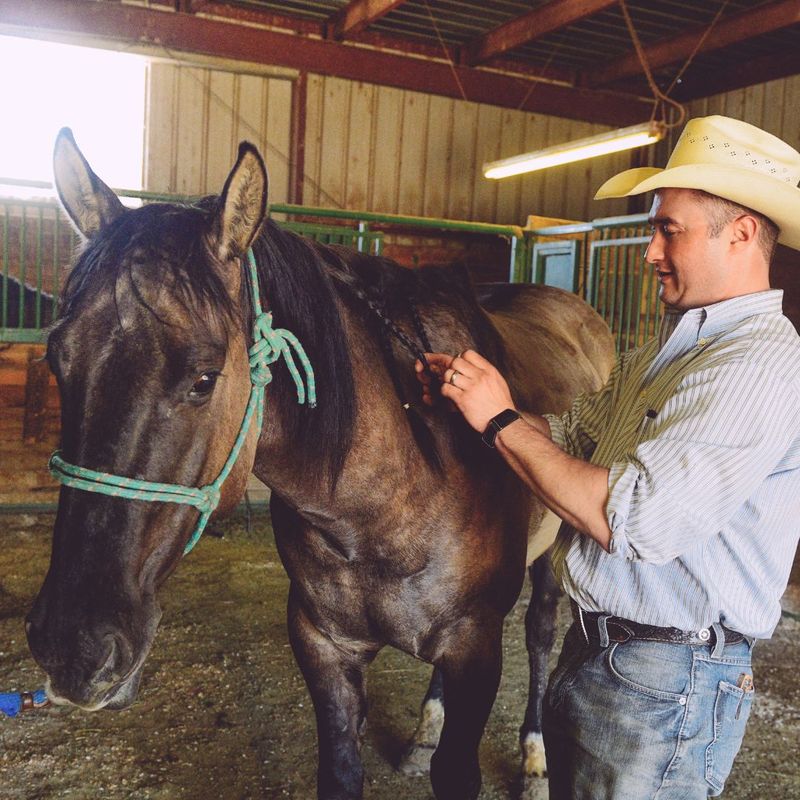
Identify Your Horses
In the chaos that often accompanies severe weather, horses can get loose or lost. To mitigate this, ID your horse with a name tag that includes your contact info. Attach this to a breakaway halter or braid it into their mane or tail. These measures can significantly increase the likelihood of a swift reunion if your horse gets separated from you.
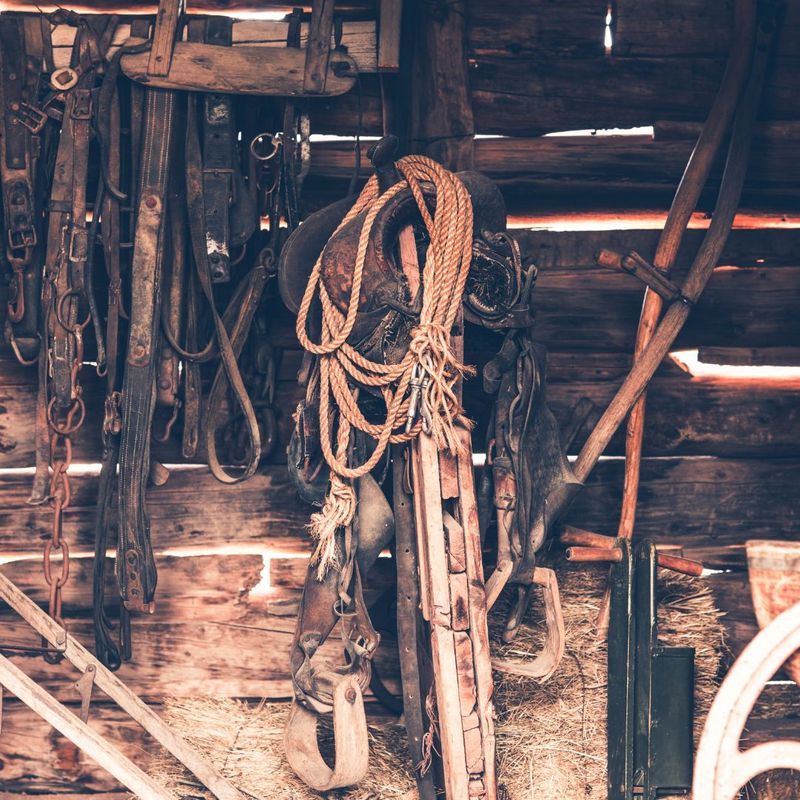
Secure Your Property
High winds have the potential to transform seemingly harmless objects into dangerous projectiles. One way to minimize this risk is by removing any debris and securing loose items. This includes items such as branches, fencing materials, and equipment. It is important to pick up these potentially hazardous items and store them in a safe place.
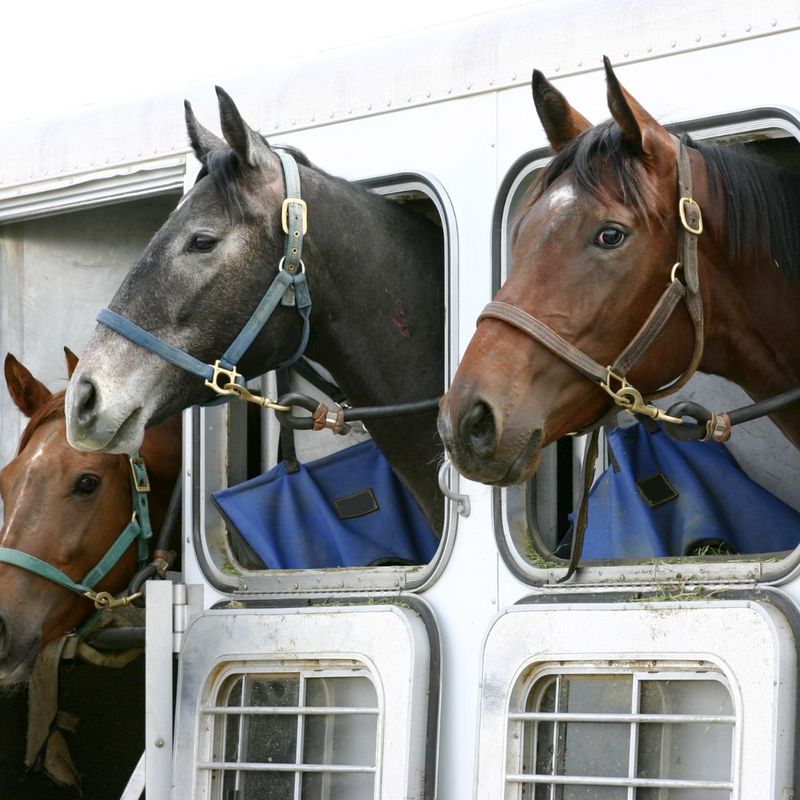
Decide on Evacuation or Shelter
Deciding whether to evacuate or shelter in place during a natural disaster is a crucial decision that requires careful consideration. It's important to have a plan in place ahead of time in case you need to evacuate with your horses. This includes knowing your route and having all necessary documentation, such as Coggins tests and vaccination records, readily available.
If you do decide to shelter in place, make sure your barn is as secure as possible and have enough food and water stocked up for your horses. In times of crisis, state fairgrounds and equine facilities often offer evacuation shelters for horses, so it's worth researching these options in advance.
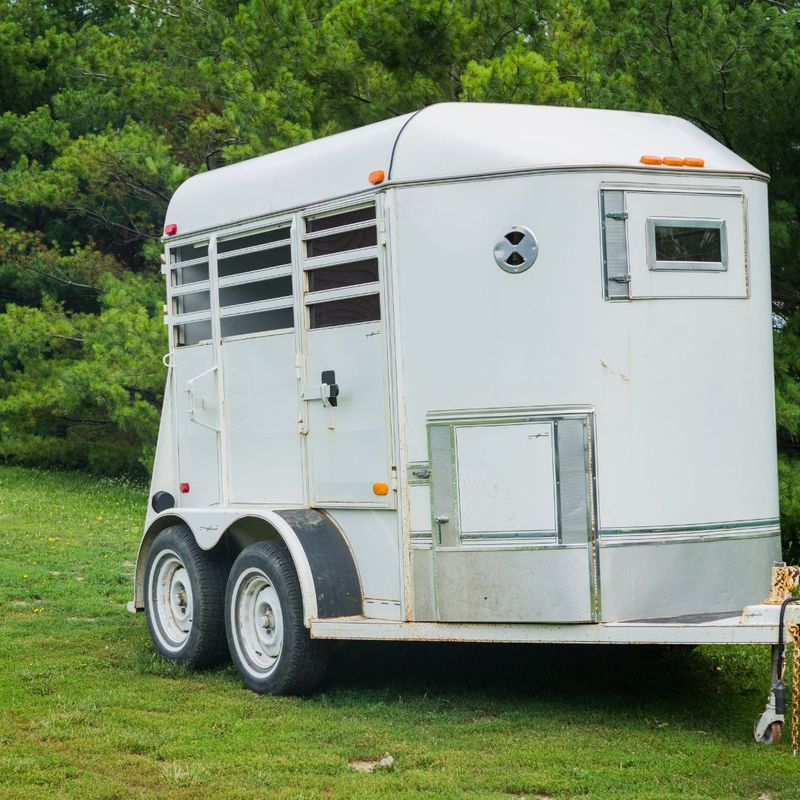
Protect Your Vehicles and Equipment
Your trailers, tractors, and other farm equipment are incredibly valuable assets. It's important to take the necessary precautions to protect them from potential damage during severe weather. One way to do this is by parking them away from trees and power lines. By keeping them in open areas, you can avoid any potential damage from falling debris.
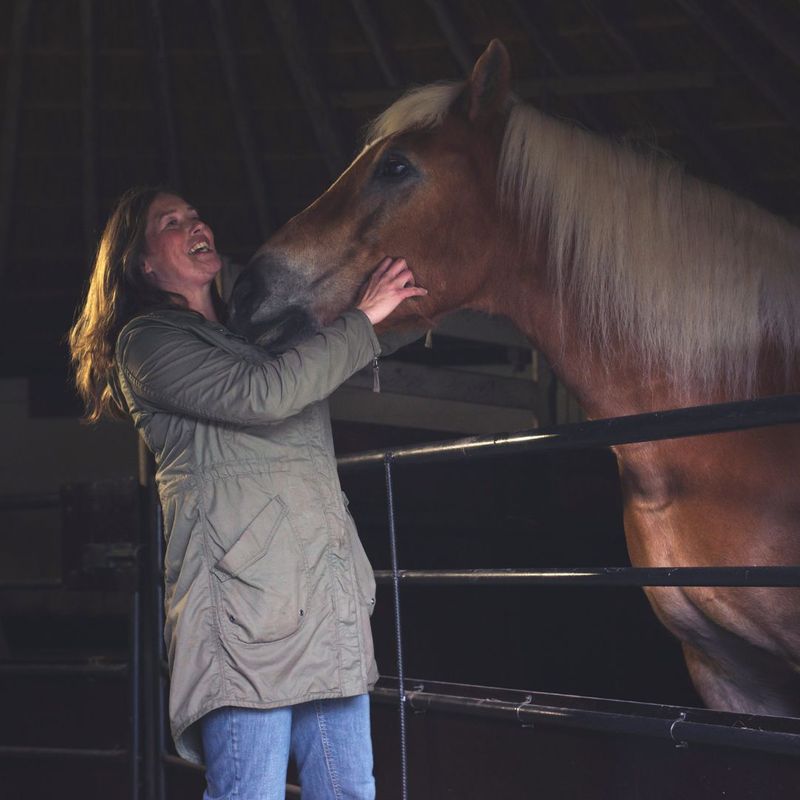
Make Your Horses Comfortable
During the storm, it's crucial to make sure your horses are as comfortable as possible to reduce their stress levels. One way to achieve this is by placing extra bedding in their stalls if they are inside for extended periods.
another option to consider is talking to your vet about administering calming supplements/medication if your horse is prone to anxiety
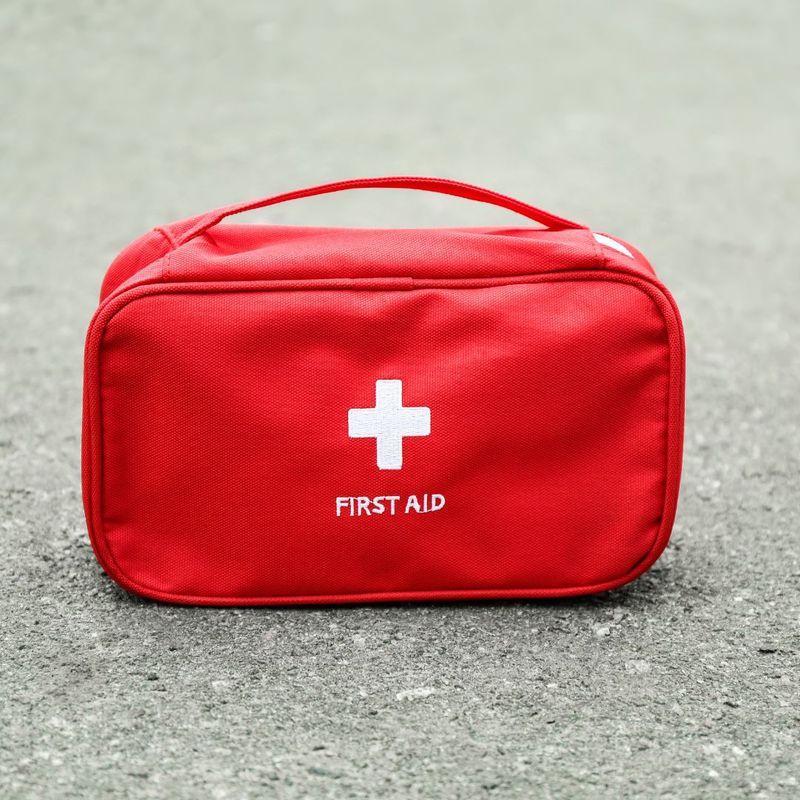
Have an Equine First Aid Kit Ready
It's crucial to ensure that your first aid kit contains all the necessary supplies, such as wound care supplies, bandages and vet wrap, antiseptics and antibiotic ointments, pain relievers like phenylbutazone (bute) or Banamine, a thermometer, antibacterial soap, needles and syringes, and clean towels.
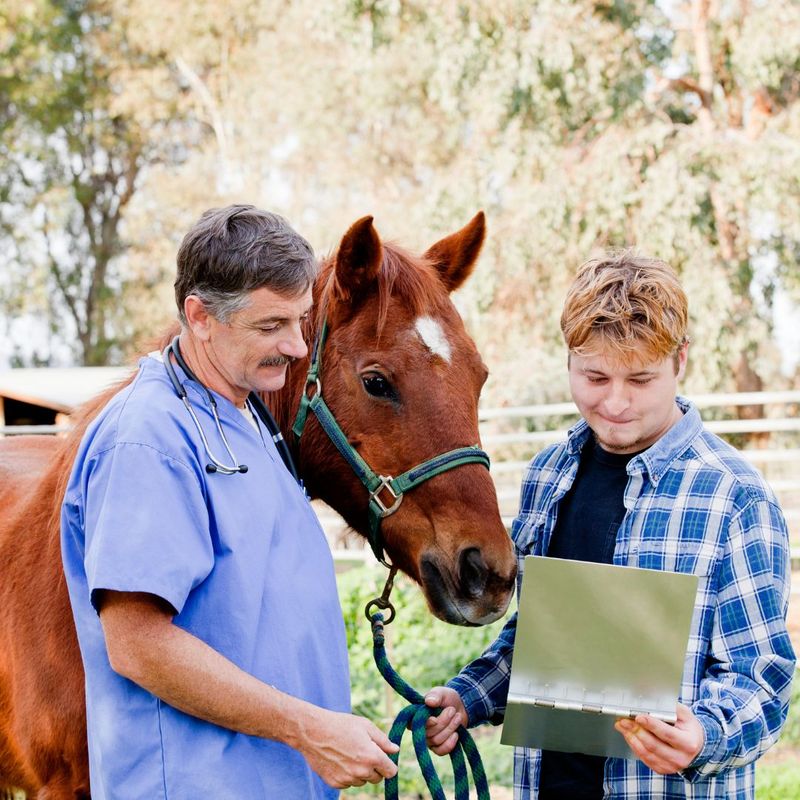
Consult With Your Vet
Before a hurricane strikes, consult with us to tailor a specific emergency preparedness plan for your horse. We can provide insights into additional medications or supplements that may be necessary and offer specific recommendations based on your horse's health status.
For any emergencies, call us at Carter Veterinary Services any time at (843) 258-3875. We are here to help with comprehensive emergency equine vet services, ensuring that you and your horses have the support you need when it matters most.
